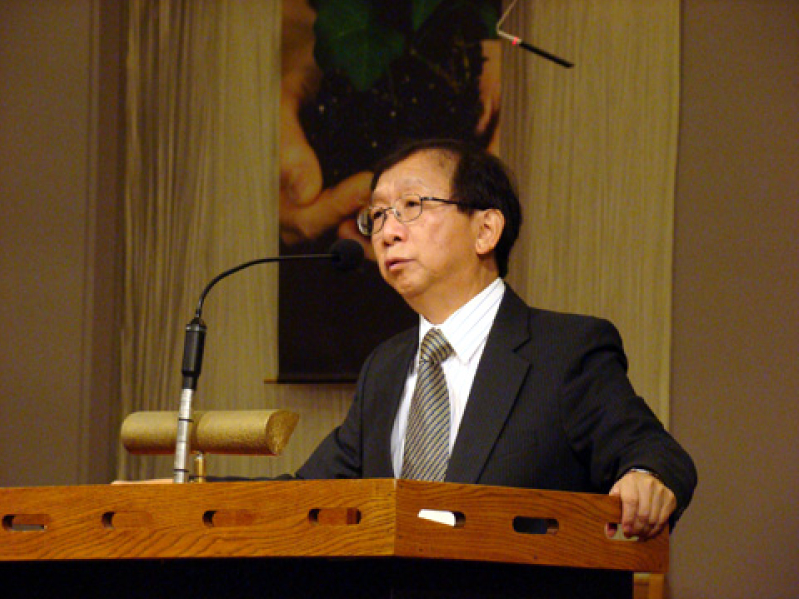
In a recent article published on the bulletin of China Graduate Theological Seminary, the schools president Rev. Carter Yu made an analysis and reflection on the definition of “shepherding.”
Yu said that today’s churches are not assisting the laymen to understand the relationship between their work and the calling of God, nor promoting the concept of “believers as priests.” In his article, he provided several suggestions for the churches to breakthrough in this regard.
Referring to Paul Steven's article titled “Doing God’s Business”, Yu pointed out the discontented thoughts of three believers who were disappointed at the churches for not valuing their work or businesses and for not helping them to reveal the full potential of serving in the work places. He said that many believers today face the same plight.
Often times, the churches view service as applicable only within the church, said Yu, and any work that is outside the church is regarded as being secular. As a result, it is important to focus and to discuss on the meaning and value of the laymen's work and professions and their relationship with God's calling.
“Why aren’t professions that are founded upon the central tenant of Christian faith considered a calling of God? Why doesn’t a job or a business have spiritual meanings and values? Why isn’t faithful and diligent hard-work to develop a career considered as service?” Asked the CGST president.
The source of the problem lie in the churches' understanding of the role of shepherding, Yu wrote. In general, only full-time services are considered as “shepherding” and only ministers or pastors are called “shepherds”, which in turn produces a phenomenon that discourages the concept of "believers as priests" and numerous laymen continue to remain negligent of their identity, duties, and responsibilities as "priests."
Furthermore, Yu pointed out that churches today tend to “professionalize shepherding”, where shepherding is a designated task of a "shepherd."
Addressing these general misconceptions, Yu wrote that that the ideal situation would be for the churches to breakthrough their four-walls by ministering in the work places and asking the laymen to make their work acquaintances or those they come to interact with in the work places as their targets of ministering and sharing the gospel; therefore, whether the believers are lawyers, plumbers, social workers, doctors, businessmen, entrepreneurs, or teachers, they can fully display their role as priests in their work places.
Lastly, Yu suggested for the churches to “emancipate the laymen”, empowering them to fully display their responsibilities as shepherds in their work places, so they will no longer be just "average believers."






